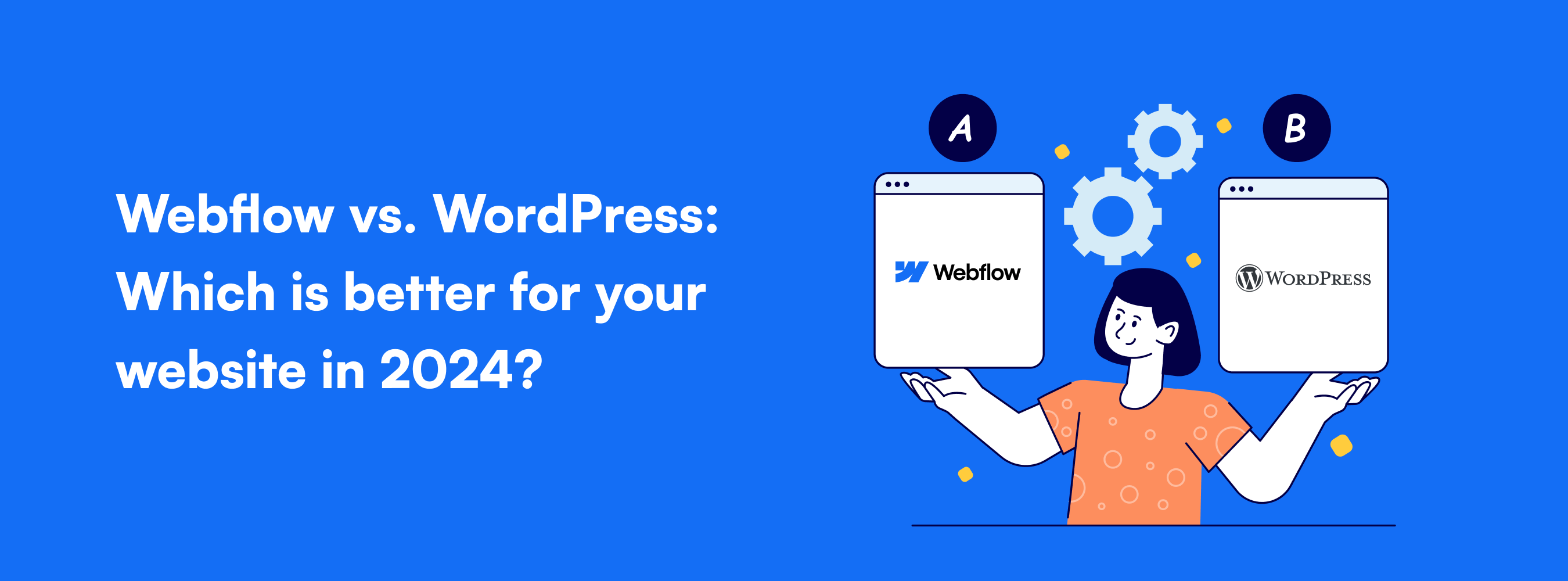Ecommerce stores across the USA have generated $431.6 billion as revenue in 2020.
After the pandemic, such impressive figures have geared up the retailers to build an online store that ensures long-term sales and revenue growth. However, everything is not so rosy. The decision is good, but it comes with a plethora of things that retailers need to consider.
You might be thinking- there are myriad Ecommerce platforms available that make Ecommerce development plain-sailing. The devil lies in the detail. Which platform should you embrace? Which platform meet all the features requirements that your online business needs? Which platform allows you to market the store in reduced time within the budget? And so on.
It means you need to research a ton and try free trials, which eats up a lot of time. Realizing this problem, we have enlisted the top 10 Ecommerce platforms alongside their details that help you select the best alternative.
Let’s dive in!
 NectaCart– the ultimate solution for everyone
NectaCart– the ultimate solution for everyone
The single-vendor and multi-vendor marketplace is a great solution from SMBs and start-ups to large enterprises to get the store up and running in a couple of days. The platform provides everything from A to Z that Ecommerce designing, development, and deployment needs. The unique selling point is the platform enables admin and shop owner to manage the products and shops without internet connectivity respectively.
It’s a brilliant choice for all businesses of different domains and sizes. It facilitates seamless integration with existing systems and multiple plugins to enhance the store’s functionality.
Features
- Product cataloging/categorization
- Order management
- Vendor service management
- Reports generation
- Modules
- Promotion marketing
- User management
- Inventory management
- Mobile access
- Auto-update
- Data security
- Email marketing
- CRM integration
- Product configuration
- Multi-store management
- Reviews management
- Shipping management
Shopify- the best pick for Ecommerce social marketing!
Currently, the Shopify platform has powered 427,676 websites and more than 5,300 businesses leveraging Shopify Plus. It’s trusted by leading brands such as Allbirds, Gymshark, Heinz, Staples Canada, and many more. It indicates Shopify is the best solution to get the small stores up and running in a few minutes. With a simple drag and drop interface, the professional online stores get built by beginners.
The SaaS platform is packed with complementary tools that make multichannel selling across social channels, retail store, or third-party marketplace feasible. It offers 100 paid themes alongside 50 free themes to build the best store with a zero learning curve.
Shopify plus facilitates payment processing with zero transaction fees, seamless delivery, unlimited storage, scalability, and limitless bandwidth. The library of third-party apps makes the Ecommerce development experience a breeze. SEO-optimization abandoned cart recovery, and email marketing services help in boosting Ecommerce sales and ROI.
BigCommerce- Helping you build the Ecommerce for a new era!
The platform allows beginners to build an online presence or extend their business worldwide irrespective of the industry they belong to. The range of customizable templates enables stores to reflect the brand’s vision and mission in the store’s design without having technical knowledge. Even tech professionals can enjoy working with BigCommerce via CSS and HTML integrations to enhance their online business.
The premium version is well-suited for enterprises with features such as cross-border selling, multichannel selling, SEO tools, and third-party marketplace integration. However, the powerful features come with complexity and associated cons (inconsistent performance, expensiveness, and lacks of the upselling feature).
Wix- creating a website you are proud of!
The user-friendly platform features customizable templates, domain registration, and web hosting, which are enough to build a simple Ecommerce store. Besides, Wix has a couple of tools that enable store owners to accept online payments, track orders, sell on multiple channels, and launch marketing campaigns.
However, the platform lacks vital inventory management features, social Ecommerce integrations, offers limited storage, and suffers from poor SEO optimization that makes it unsuitable for large enterprises.
WooCommerce- allow you to build the website that you want!
The platform is an add-on to the content-driven website- WordPress that facilitates online selling. It features CMS and a few selling functionalities. It relies on plugins, extensions (One-click selling, shipping, payment, social marketing, and user reviews), and ample applications to build the comprehensive store, but it risks website crashes.
However, the unreliability, fragility, no hosting, and absence of PCI compliance make building and maintaining an Ecommerce store insecure.
Magento- the powerful solution to build a scalable store
If you are one of the entrepreneurs looking for a completely tailored platform, then a non-hosted platform- Magento is the best fit. However, the platform that works like a pro for comprehensive store development turns out as the most complex and expensive when used. The subscription-based platform features multiple product and order management, large community support, extensibility, and a range of themes.
The cloud-based platform features more functionalities under the paid version includes- auto-upsell, unlimited product upload, grind SEO, recurring payment, subscription, and discounts. However, it lacks multichannel selling, social commerce selling, multi-currency support, and pretty more.
Squarespace- allow businesses to sell everything anytime!
It’s a website builder rather than an Ecommerce platform, which mandates technical know-how and a couple of tweaks for adding Ecommerce functionality. With drag and drop functionality, the minimal design crafted and functionalities made to work. However, it’s not as easy as ABC. A little practice is a must before playing with the drag and drop editor.
After website development, the store gets access to SEO, analytics, social selling, and marketing features to boost sales and ROI. It supports only two payment gateways- Stripe and PayPal, and if required, third-party integration is possible.
PrestaShop- providing the solution that every business needs!
The open-source platform requires technical background to get built an Ecommerce store. It provides business tools such as inventory tracking, shopping cart, analytics reporting, integrated sales channels, and high control over privacy &security settings.
It lacks customer support and integrations, so the entrepreneurs need to rely on the community for the required assistance. However, technical assistance is provided under premium plans via calling at help centers. Plus, it lacks mobile app features too.
Weebly- guaranteeing scalable store development
It’s essentially a website builder that enables online store development for free. However, the saving costs you a trade-off between in-app ads and no domain name usage. It’s a good option for the small stores that won’t require much upkeep.
It enables chat, email, and phone under customer support options followed by integrated Square POS. It facilitates mobile app features including- order fulfillment, inventory management, drag and drop builder, payment, and analytics.
Big cartel- easy-to-build online store platform!
The Ecommerce platform specially built for the businesses that appear on Etsy for artists, designers, and crafters. The breadth of customization allows owners to change the site’s look and feel, but images uploaded for the products are limited to five. The limited payment integration makes it difficult to scale the business to multiple channels.
The pricing structure is based on the number of products sold every month, which makes the platform expensive to use when business grows and product collection increases.
Volusion- the oldest platform to date!
Since 1999, the platform helping businesses to set up their online store at just $29 per month. It starts with 14 days trial period that allows businesses to test the water with no frills. Volusion enables Ecommerce store development that includes- homepage, product pages, more than 30 payment gateways integration, unlimited product selling, customer support, and others.
What’s more? The platform fits well with those businesses selling tangible products. If the business wants to sell eBooks or music online, they need to look for another alternative.
Epilogue
Ecommerce platform selection is a big decision. It creates a long-term impact on the online venture. The various alternatives muddy the water. That’s why the curated list of Ecommerce platforms allows retailers to start an online store or expand the business that brings winning results. Go through the list to evaluate and choose which is the best fit. All the best!







 United States
United States United Kingdom
United Kingdom India
India Canada
Canada Singapore
Singapore



































